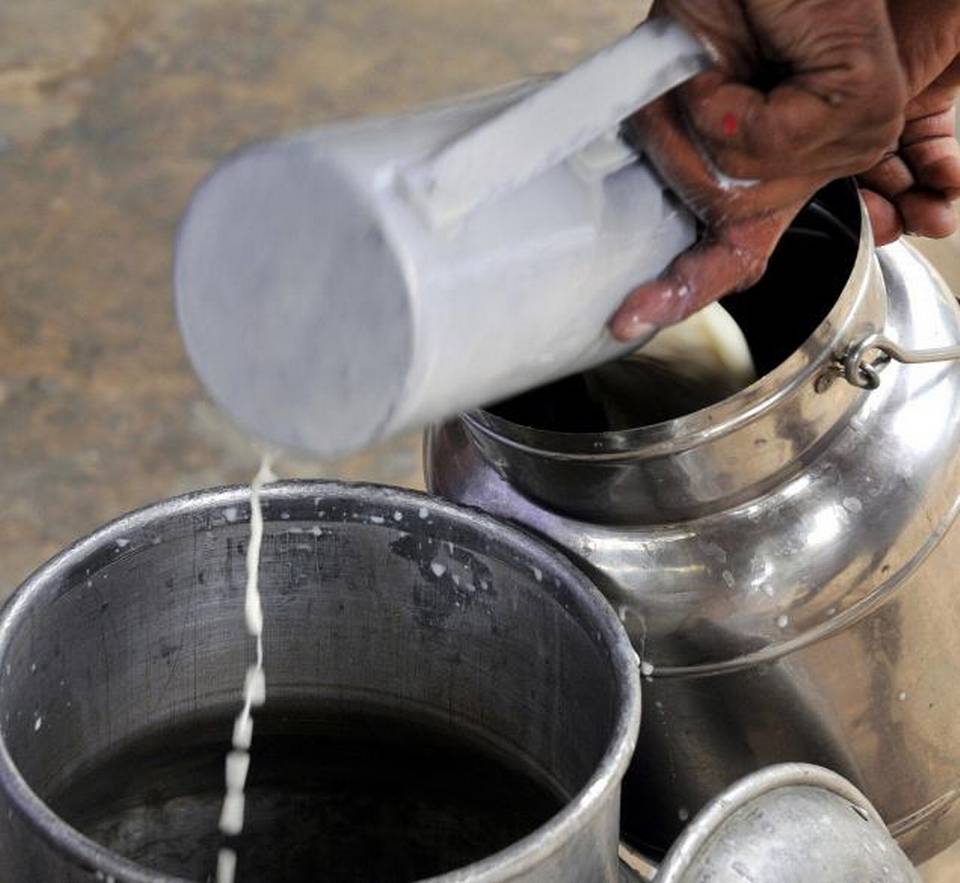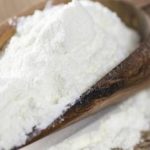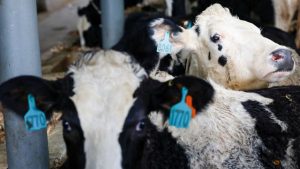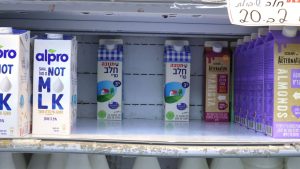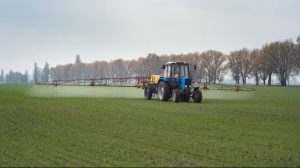
A worrying 79% of branded or loose milk available in the market is adulterated, the latest annual report by the Consumer Guidance Society of India (CGSI) has found.
According to CGSI, a non-profit consumer organisation, 413 samples of milk packets were tested for their fat and solids-not-fat (SNF) contents from January 2019 to December 2019. Of these, only 87 milk samples (21%) complied to the standard specifications set by the Food Safety and Standard Authority of India (FSSAI).
The report said of all the milk samples, 73 were branded packets and only 11 of them (15%) adhered to the standard mark. The remaining 85% of the branded milk currently sold in the market was adulterated.
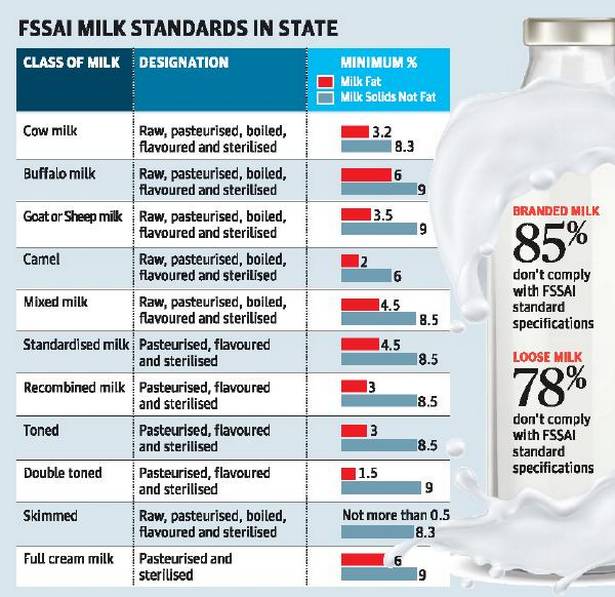
5% more adulteration
Commenting on the findings of the survey, Dr. Sitaram Dixit, chairman, CGSI, said, “Milk forms an essential portion for all concerned and it needs to be complying with the standards of FSSAI. As compared to the research conducted for 2018, the adulteration has increased by 5% this year.”
The report also said of the 340 non-branded or loose milk packets tested, 76 samples, which made up for 22%, were standardised, while the remaining 264 packets (78%) were found to be adulterated.
The high rate of adulteration of milk continues despite it being made a non-bailable offence in Maharashtra. In the last five months alone, the Mumbai Police Crime Branch has busted several milk adulteration rackets operating out of the city.
Rackets galore
In a raid conducted in Goregaon in January, the Crime Branch had seized over 219 litres of adulterated milk, which was being packaged under reputed brand names. Whereas, in October last year, the Crime Branch had busted a different racket and seized 500 litres of oxytocin, a chemical used for increasing milk production in milch animals, which was being supplied to dairy farmers.
In a similar raid in August last year, the Crime Branch had raided a society in Andheri where milk produced by popular dairy brands were being adulterated.
“The rackets are well organised, with milk packets being collected from trucks in the dead of the night or early in the morning, at a pick-up point well away from the hub. The adulteration itself goes on through the day, with the milk being repackaged and pumped into the market as fast as possible to reap maximum profits,” a Crime Branch officer said.
